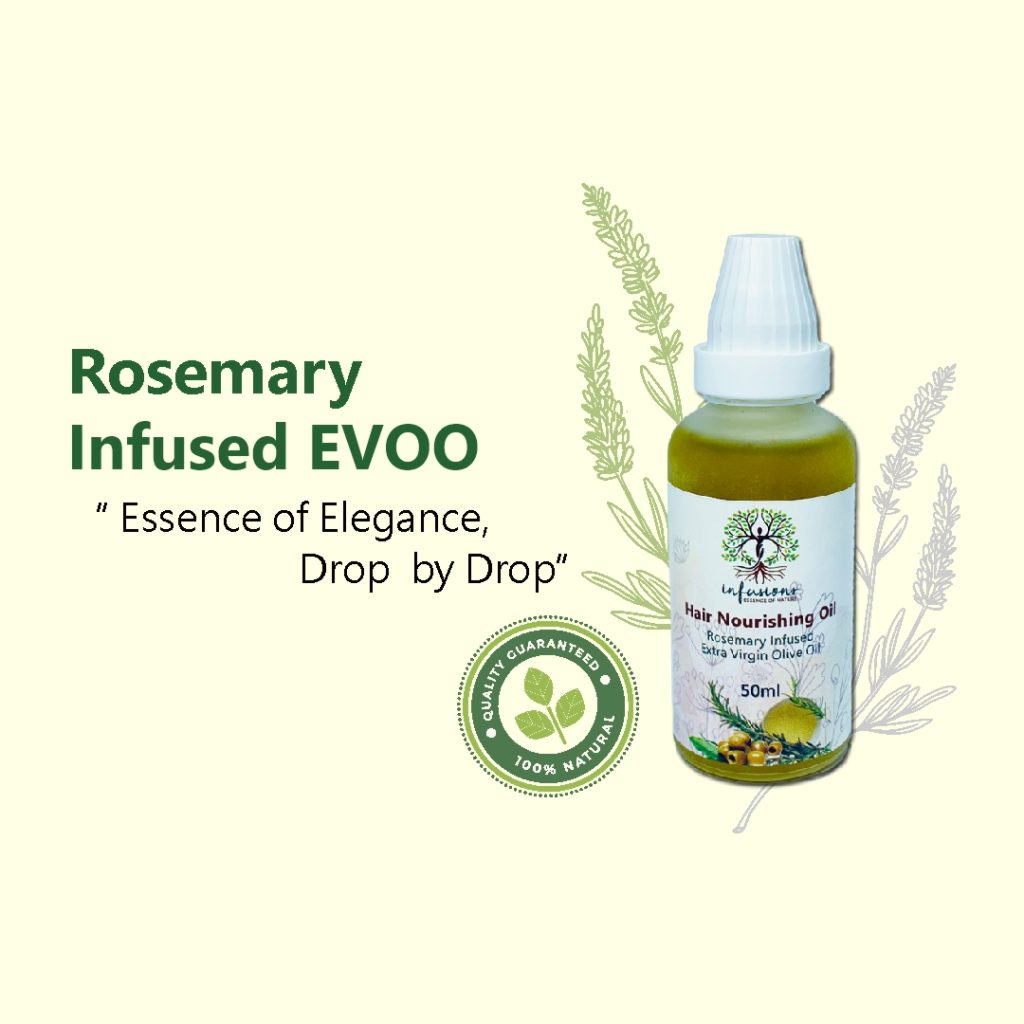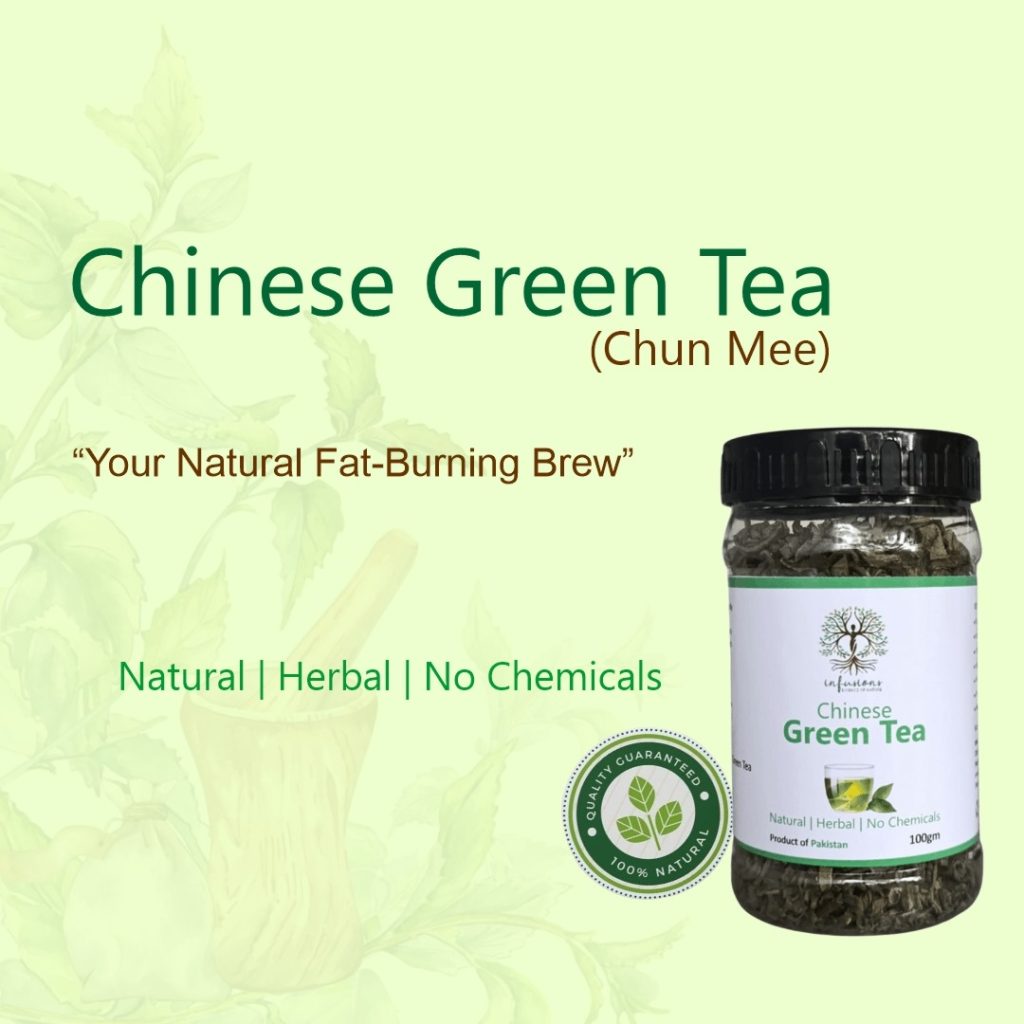
Infusions Pakistan – Bringing Health & Wellness Back Into Everyday Life
Because your health deserves nature’s touch. In today’s fast-paced world,

Can Rosemary Oil Regrow Hair?
Yes, and there’s scientific evidence to support this. Researchers have found that rosemary oil can be as effective as minoxidil (Rogaine®) in promoting hair regrowth, according to the study focusing on people with androgenic alopecia (male and female pattern baldness) showed that using rosemary oil resulted in hair regrowth similar to minoxidil, with fewer issues of itchy scalp at three and six months.
“The bottom line is, yes, it does seem to work,”
“The study really prompted people to look at rosemary oil for hair growth, making it more common in over-the-counter products.”
The 2015 study built on earlier findings from 2013 and 2010, suggesting rosemary’s potential to combat hair loss.
Why is Rosemary Oil Effective?
Rosemary oil owes its effectiveness to carnosic acid, a phenolic chemical compound in the plant. Carnosic acid has anti-inflammatory and antioxidant properties that can help rejuvenate damaged nerves and tissue. Applying it to your scalp creates an environment conducive to hair growth.
“ Increasing blood flow to the scalp provides your hair with the nutrients it needs to shed less, grow more, and be healthier,”
Other Benefits of Rosemary Oil
Beyond promoting hair growth, rosemary oil offers additional hair benefits, such as:
-Dandruff Control: Its anti-inflammatory properties help reduce dandruff (seborrheic dermatitis). “It calms the scalp, which helps with dandruff,” says Dr. Khetarpal.
– Limiting Premature Graying: There’s some evidence that rosemary can reduce stress, which has been linked to graying hair. “It’s a potential benefit, but more studies are needed,” she adds.
How to Use Rosemary Oil in Your Hair Care Routine
If you’re considering using rosemary oil for thicker hair, Dr. Khetarpal offers these tips:
1. Focus on Your Scalp: Apply the oil to your scalp, not your hair, to avoid greasiness. “Really work it in,” advises Dr. Khetarpal.
2. Allow Time for Absorption: Let the oil sit for a few hours, preferably overnight, before washing your hair.
3. Avoid Fragranced Products: Added fragrances can reduce the effectiveness of rosemary oil or cause irritation. “Choose 100% rosemary oil,” she says.
4. Start Slow: Test a small area of your scalp before full application to check for reactions.
5. Use Sparingly: A few drops are sufficient. You can also add it to your shampoo or conditioner.
6. Be Patient: Consistency is key. Use the oil two to three times a week for six months to see significant results.
Does Hair Type Matter?
People with coarse hair may tolerate rosemary oil better, while those with finer hair might find it makes their hair look greasy or weighed down.
“Everyone can use rosemary oil, but you might need to adjust the frequency based on your hair type,” suggests Dr. Khetarpal. “Some might use it daily, while others may find that once or twice a week works best.”
Visit our online store for more natural and herbal products:

Because your health deserves nature’s touch. In today’s fast-paced world,

Herbal adaptogens stress management offers natural support to calm anxiety,

Green tea weight management harnesses powerful antioxidants (EGCG) to boost